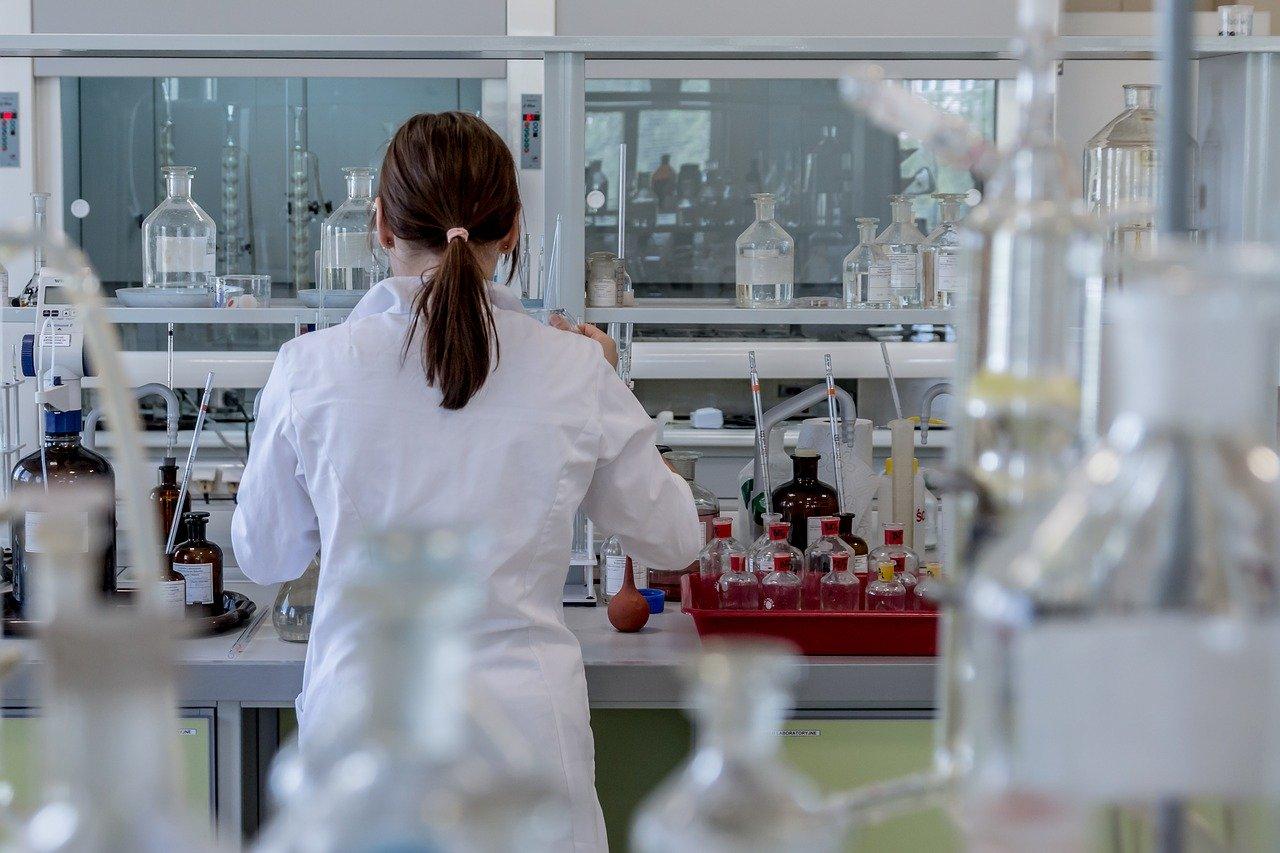
Consultancy Services
At Quickmed Biotech, we provide end-to-end consultancy services to help pharmaceutical and biotech organizations meet the highest industry standards and regulatory requirements. Our expert team supports you in achieving critical certifications such as NABL Accreditation, GMP Compliance, BIS Certification, and DSIR Recognition.
We simplify complex processes and ensure your organization is audit-ready, globally compliant, and positioned for long-term success. With years of experience and a commitment to excellence, our consultancy solutions are tailored to fit the unique needs of each client.
Certification Consultancy
Certification Consultancy Details
NABL Accreditation
An NABL accredited laboratory sounds reliable to the customers. QBRL is the prime source that can get your laboratory accredited by the NABL. QBRL offers consultancy that will help you to upgrade your laboratories as per the National Accreditation Board for Testing and Calibration Laboratories guidelines. The accreditation will help to provide the confidence to the customers in accepting testing reports.
Benefits of Accreditation:
- Potential increase in business due to higher customer's confidence and satisfaction
- Increase of confidence in testing/calibration data
- Excellent feedback due to technical competence and QA systems
- Better control of operations
- Saves time & money by eliminating retesting
- High confidence on personnel
- Accredited labs easily found by customers
- Greater national & international access
BIS Certification
“Bureau of Indian Standards Act, 1986”, that will give your product a high boost in the market. Presence of ISI certification mark known as the Standard Mark on a product is an assurance of conformity to the specifications.
The conformity is ensured by regular surveillance of the licensee’s performance by surprise inspections and testing of samples drawn from both the market and factory.
QBRL provides complete consultancy that will help you to upgrade your laboratories as per the BIS Standard guidelines. The certification will provide a platform to take business from national and international agencies.
DSIR Recognition
The Department of Scientific & Industrial Research (DSIR) operates a scheme for granting recognition & registration to in-house R&D units established by corporate industry.
QBRL is the prime source that can get your R&D laboratories recognition with DSIR, Government of India.
QBRL provides complete consultancy that will help you to upgrade your R&D laboratories as per the National Standards of the Department of Science and Technology. The recognition will provide a platform to take findings from national and international agencies.
GMP Certification
Good Manufacturing Practice is part of the quality system that encompasses manufacturing and testing of active food ingredients, pharmaceutical ingredients and products, diagnostics, and medical devices. QBRL offers consultancy on attaining GMP Certification that will give your product a high boost in the market.
WHO defines GMP as “that part of quality assurance which ensures that products are consistently produced and controlled to the quality standards appropriate to their intended use and as required by the marketing authorization.”
GMP Covers:
- Defined manufacturing process
- Validated critical manufacturing steps
- Suitable premises, storage, transport
- Qualified and trained production/QA staff
- Adequate laboratory facilities
- Approved written procedures and instructions
- Complete batch records and traceability
- Systems for recall and complaints
Criteria for Recognition

- The company must spell out a long-term R&D policy, visibly displayed in the in-house R&D unit.
- R&D activities must be separate from routine production and quality control operations, with dedicated infrastructure.
- Ideally, R&D should be in a separate location or floor/room clearly demarcated from other departments.
- R&D units should have time-bound programs and maintain complete documentation of all activities.
- Qualified, full-time R&D staff must be led by a senior person with access to top management or the board.
- Staff size must be proportional to the company’s overall S&T manpower size.
- Separate accounting for R&D expenses (capital & revenue) is required, and must be reported in the Annual Report.
- Expenditure must be appropriate to the company's financial scale and recorded when incurred (not allocated).
Fiscal Incentives and Support Measures
There are a number of fiscal incentives and other support measures aimed at promoting R&D in industry and also at encouraging the utilization of locally available R&D options for industrial development. Some of them are as follows:
Incentives based on direct taxes
(Income-tax Act, 1961)
- 100% write off of revenue expenditure on R&D (Section 35(1)(i)).
- 100% write off of capital expenditure on R&D in the year the expenditure is incurred (Section 35(1)(iv)).
- Weighted tax deduction @175% to the sponsor for payments to approved national labs, IITs, or specified persons (Section 35(2AA)).
- Weighted tax deduction @200% on R&D expenditure (excluding land/buildings) by approved in-house R&D facilities (Section 35(2AB)).
- Accelerated depreciation for indigenous tech investments on plant and machinery (Rule 5(2), IT Rules, 1962).
Incentives based on indirect taxes
- Customs duty exemption to in-house R&D units for capital equipment and consumables (Notification No.24/2007).
- Central excise duty exemption to in-house R&D units (Notification No.16/2007).
- 3-year central excise duty waiver on goods patented in India and another country (Notification No.15/96-CE & 13/99-CE).
- Exemption from customs duty on imports for Government-funded R&D projects (Notification No.50/96-Customs).
- Duty-free import of List-28 goods for pharmaceutical and biotech R&D sectors (Notification No.26/2003-Customs).



